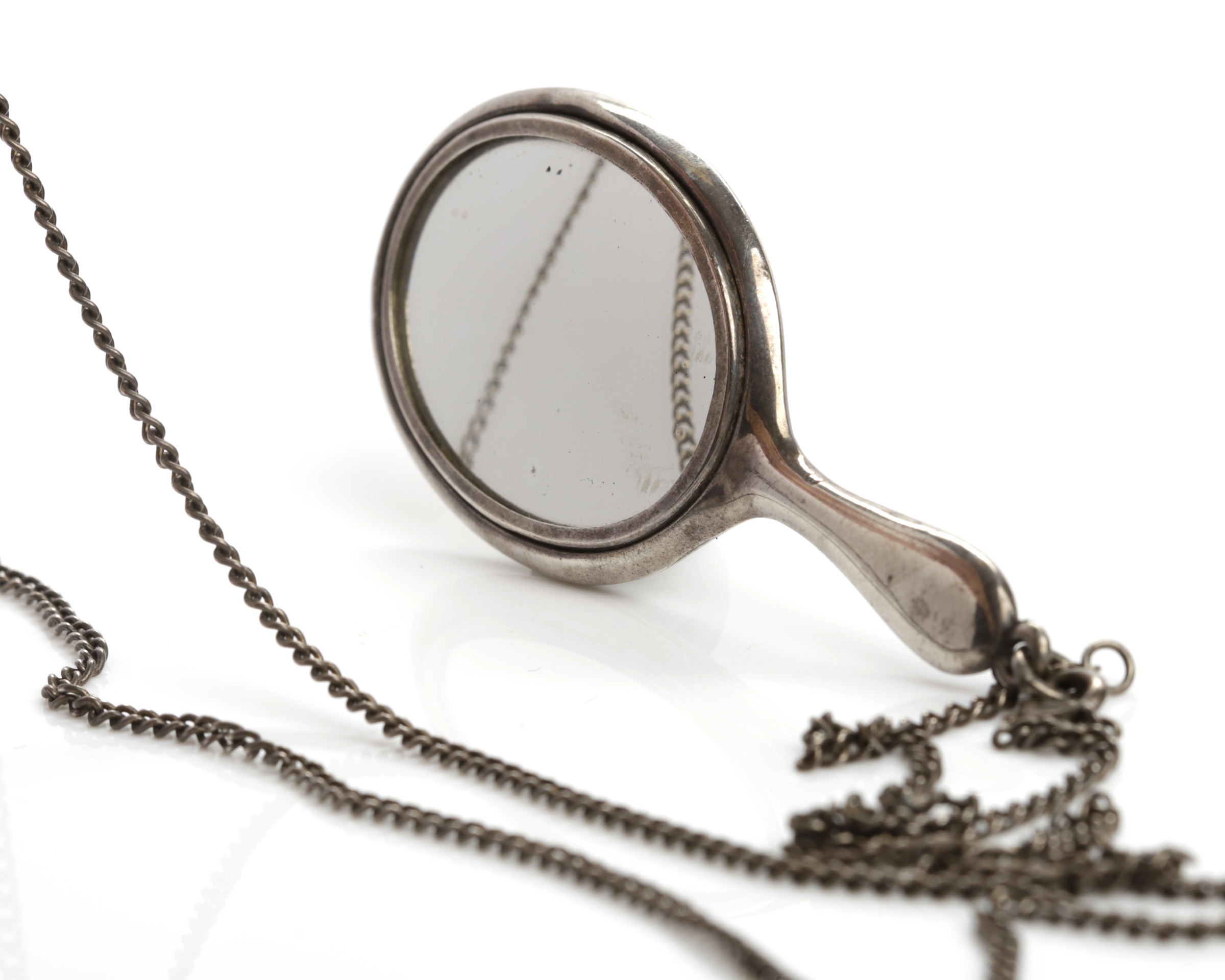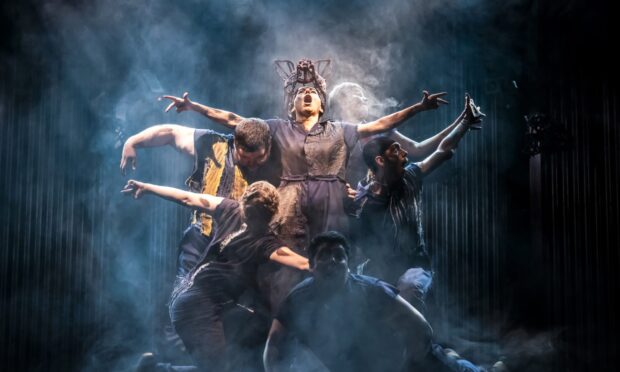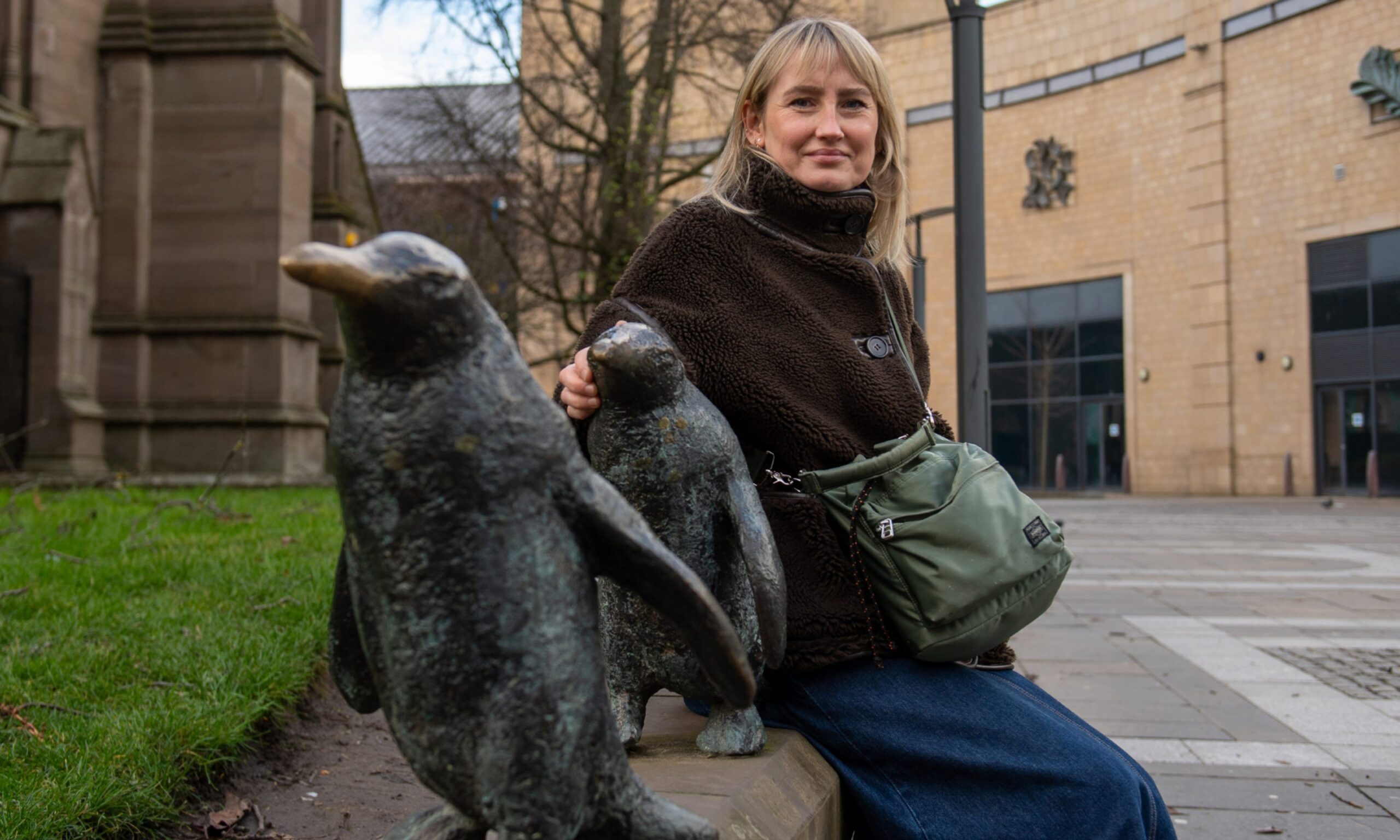TODAY’S ITEM is as much a curio as a collectable – an early 20th century silver pendant in the form of a miniature hand mirror.
Hallmarked for Birmingham, 1922, it is engraved with scrolling decoration and the name ‘S.S. Avoceta,’ a steam passenger liner that was built in Dundee, but suffered a cruel fate. It was sunk in the North Atlantic during the Second World War, with the loss of over 100 passengers and crew.
The pendant, presumably styled on a ship’s mirror, appeared at McTear’s auction in Glasgow last month, with modest hopes of £30-£50, reflecting little more perhaps than its silver value. It was duly bid to the lower estimate.
The ship itself is of wider interest.
Constructed in the Caledon Yard in 1923 she was a steam liner belonging to the Yeoward Line of Liverpool which carried passengers and fruit between Liverpool, Lisbon, Madeira and the Canary Islands.
During the war Avoceta continued service to neutral Portugal, Spain and the Canary Islands, joining armed convoys while in British waters and precariously unescorted thereafter.
In August 1941, she left Liverpool under convoy and safely reached Gibraltar on September 4.
From Gibraltar she set off on her usual round trip to Lisbon and back. In Lisbon she embarked dozens of refugees from German-occupied Europe, mostly UK subjects who had escaped the fall of France and had been denied leave to remain by the authorities in neutral Spain and Portugal. Most were women and children, several following their husbands to the UK.
Once in Gibraltar SS Avoceta also embarked survivors rescued from the loss of her sister ship Aguila, a passenger liner launched in Dundee in 1917, which had just been sunk by U-Boats.
On the night of September 25-26, Avoceta was in the first row of a Liverpool-bound, 25-ship convoy when the German submarine U-203 fired a spread of four torpedoes. One hit the Dundee ship close to her engine room, causing her to sink quickly by the stern.
Her bows rose to such an angle that most of her lifeboats could not be lowered – and 123 passengers and crew were lost. Her dead included 32 women and 20 children.
So, no more than a silver trinket with a modest value – but one with a poignant story.










